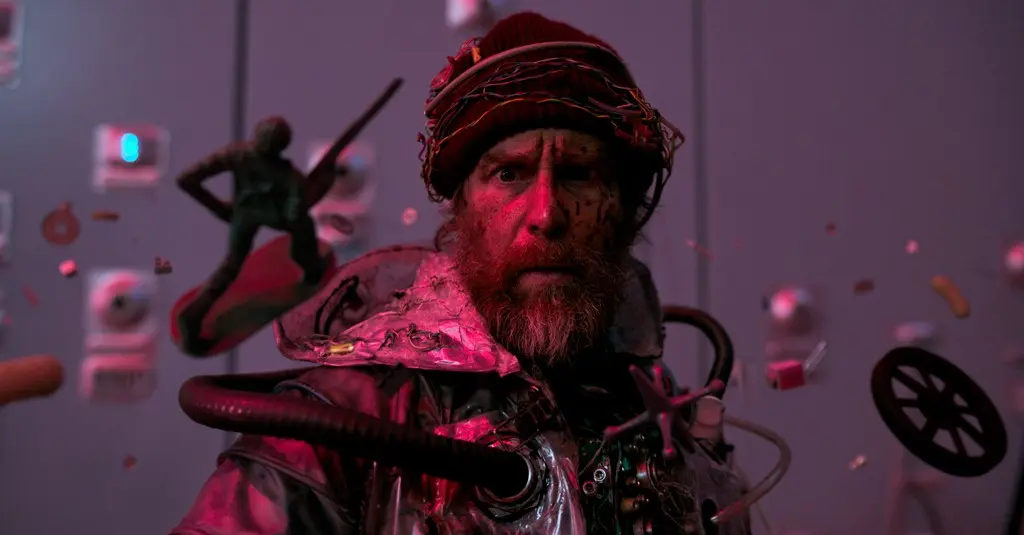PG-13 | 1h 28min | Documentary, Music, Film History | 5 October 2022 (USA)
There has been much discussion over the last 60 years regarding the legacy of the James Bond franchise. Who was the best actor to play Bond, which film had the best villain and “Bond Girl,” what were the best gadgets, what installments could we have done without?





